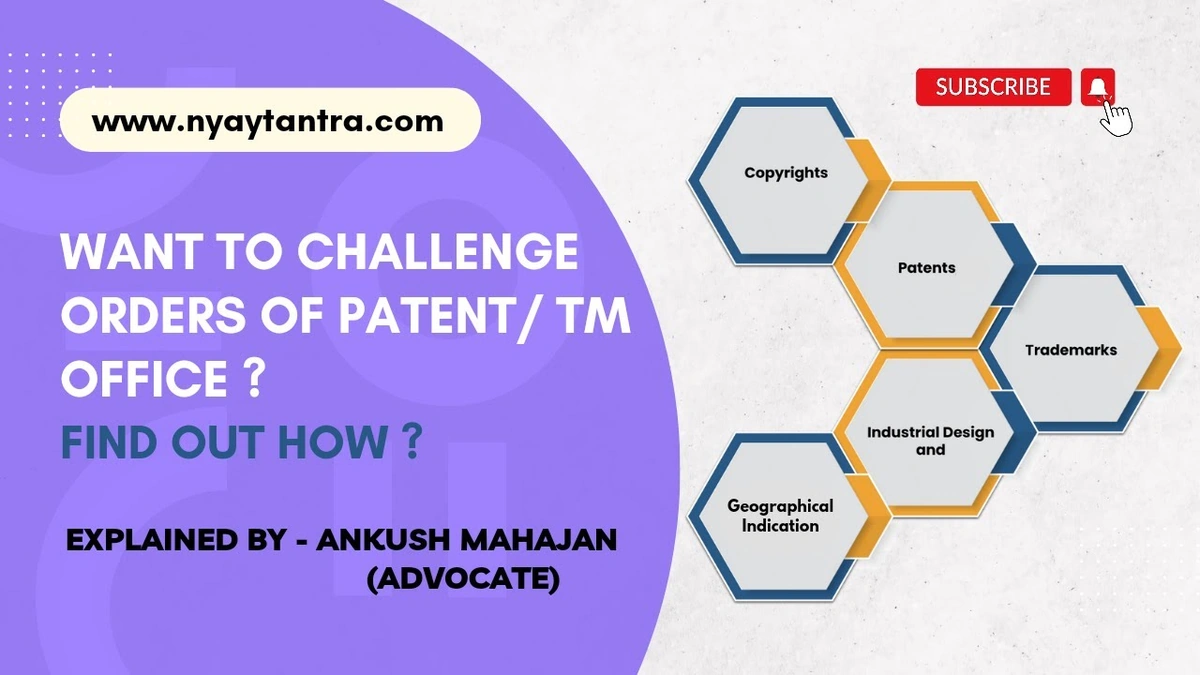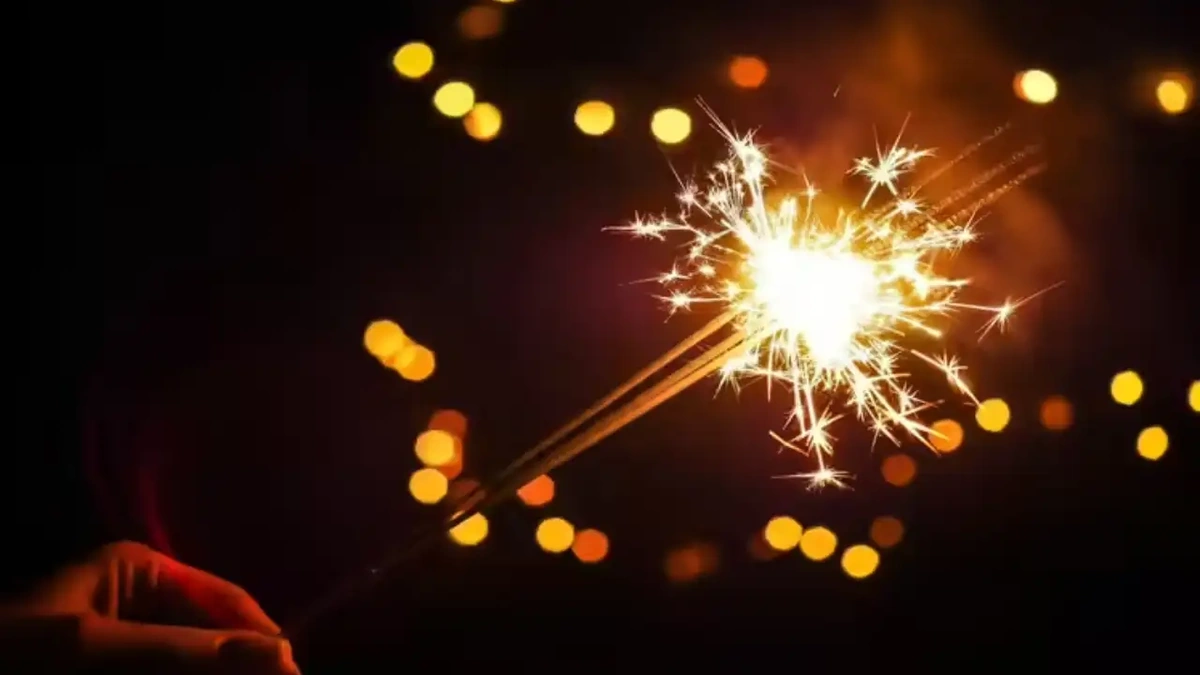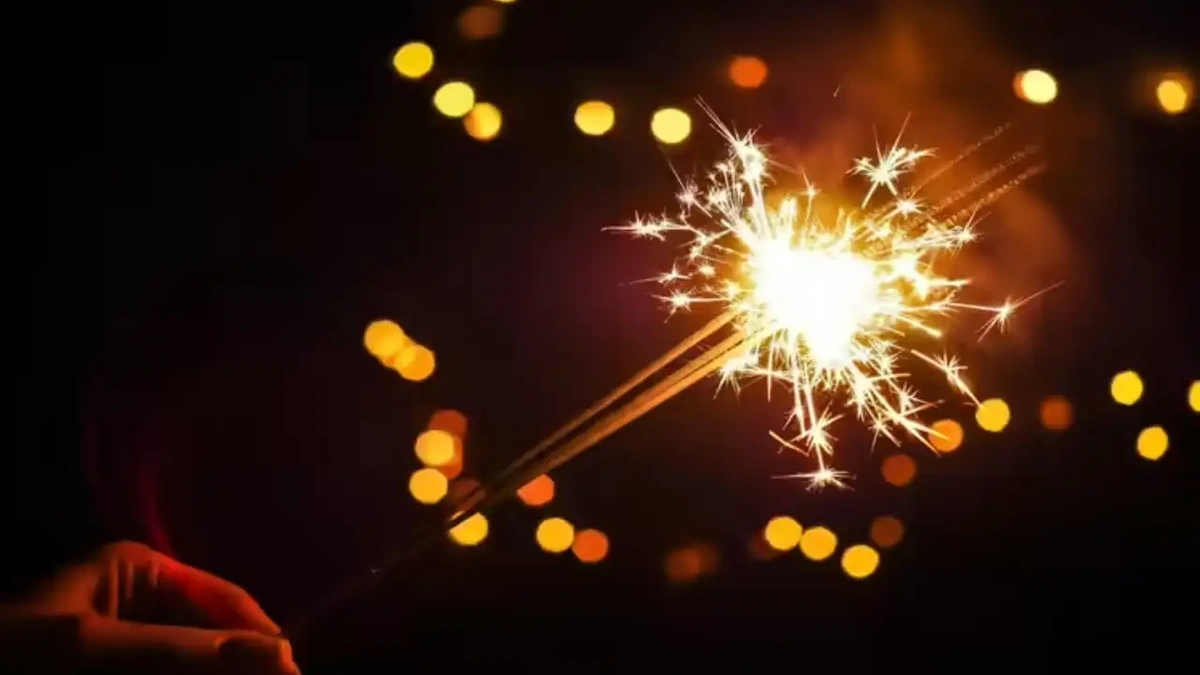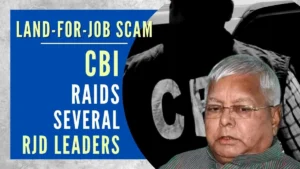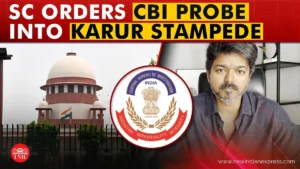High Court to Hear Telangana’s 67% Reservation Case After Supreme Court Rejects Plea
Alright, folks, let’s dive into something that’s been causing quite a stir in Telangana – the 67% reservation quota. The Supreme Court recently declined to interfere, and now the High Court is set to hear the case. But here’s the thing: this isn’t just about legal proceedings; it’s about social justice, educational opportunities, and the future of countless students. Let’s unpack this, shall we?
Why This Matters | The Core of the Telangana Quota Issue
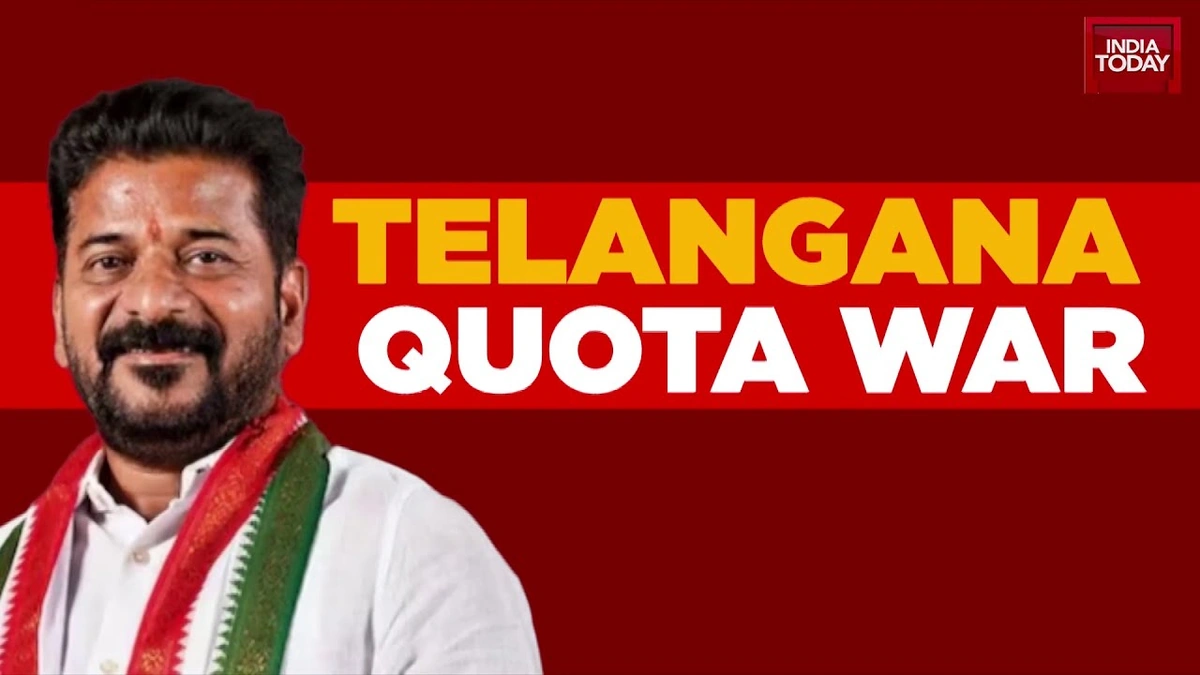
So, why should you care about a reservation case in Telangana? Well, for starters, it touches upon the fundamental principles of affirmative action. The Telangana government’s decision to increase reservations to 67% is an attempt to address historical inequalities faced by various communities. But, as always, things are more complex than they appear. The big question is whether this increase is constitutional, given the Supreme Court’s earlier rulings that generally cap reservations at 50%. Understanding the nuances of Telangana Quota is crucial because it impacts everything from college admissions to government jobs. A lot of people are looking at the political impact of decisions like these.
The argument often revolves around whether the state has demonstrated ‘compelling reasons’ to exceed the 50% limit. This isn’t just about numbers; it’s about proving that specific communities are still significantly disadvantaged and require additional support to level the playing field. Think of it like this: is the ladder tall enough for everyone to climb, or do some need a little extra boost?
Digging Deeper | The Legal Hurdles and the Supreme Court’s Stance
Now, let’s talk about the legal side of things. The Supreme Court’s rejection of the initial plea doesn’t mean the end of the road. It simply means they believe the High Court is the appropriate forum to address the issue at this stage. What fascinates me is how meticulously these cases are scrutinized. Every argument, every piece of data, every historical claim is put under the microscope. The key legal hurdle is the interpretation of Article 14 (equality before the law) and Article 16 (equality of opportunity in public employment) of the Constitution. Balancing these rights with the need for affirmative action is a tightrope walk.
And, the Supreme Court’s stance is usually very clear that reservation policies must not violate the basic structure of the constitution. The question of whether the 67% reservation crosses that line is what the High Court will be trying to determine. The constitutional validity is going to be at the center of the arguments.
Impact on Students and Job Seekers | What’s at Stake?
Let’s be honest – this legal battle has real-world consequences, especially for students and job seekers. Imagine you’re a student who’s been preparing for years to get into a coveted medical college. The shifting reservation landscape can feel like the ground is moving beneath your feet. Will you be affected positively or negatively? Will your hard work be enough? These are the anxieties that many young people in Telangana are grappling with right now.
Similarly, for those seeking government jobs, the impact on recruitment is significant. If the 67% reservation is upheld, it could dramatically alter the composition of the workforce. On the other hand, if it’s struck down, it could lead to further legal challenges and uncertainty. So, the future of Telangana government jobs is very tightly linked to the outcome of this case.
Telangana’s Backward Classes Commission and Their Report
The Telangana government likely relied on a report from its Backward Classes Commission to justify the increased Telangana quota . These commissions are crucial, and the government’s argument is only as strong as the evidence in these reports. The burden is on the state to demonstrate with empirical data and sound reasoning that the increased reservations are warranted.
What’s fascinating here is the process itself. The commission gathers data, interviews community leaders, and analyzes socio-economic indicators to paint a picture of the ground reality. It’s like a giant puzzle, and the commission’s job is to put all the pieces together to create a compelling narrative. The High Court will be looking very closely at that narrative.
The Road Ahead | Possible Outcomes and Their Implications
So, what happens next? The High Court will hear arguments from all sides – the government, petitioners challenging the quota, and perhaps even intervenors representing various communities. The court could uphold the 67% reservation, strike it down entirely, or modify it in some way. Each of these outcomes would have far-reaching implications.
If the High Court verdict upholds the quota, it would likely be challenged again in the Supreme Court. If it’s struck down, the government might try to find alternative solutions, such as revising the criteria for determining backwardness or implementing other affirmative action measures. The bottom line is that this issue is not going away anytime soon. It’s a complex and deeply rooted challenge that requires careful consideration and a commitment to social justice.
What fascinates me about the whole situation is that this is not a Telangana specific problem. Across the country, states are struggling with the question of how to balance historical inequities with the demand for equality of opportunity.
FAQ Section
Frequently Asked Questions
What is the current reservation percentage in Telangana?
As of now, the Telangana government has proposed a 67% reservation, but its legality is being reviewed by the High Court.
Why is the 67% reservation being challenged?
It’s being challenged because it exceeds the 50% limit set by the Supreme Court in previous rulings, raising questions of constitutional validity.
Who will be affected by the High Court’s decision?
Students seeking admission to colleges and individuals applying for government jobs in Telangana will be directly impacted.
What happens if the High Court strikes down the 67% reservation?
The government may need to revise its reservation policy or explore other measures to address social and economic backwardness.
Where can I find updates on the case?
Follow reputable news sources and legal websites for the latest developments. Check with the official website of the Telangana High Court for rulings and updates. You can also search on the internet for telangana reservation news .
The key takeaway here? This isn’t just a legal case; it’s a reflection of our society’s ongoing struggle to create a fairer and more equitable world. And that’s something worth paying attention to, no matter where you live.

